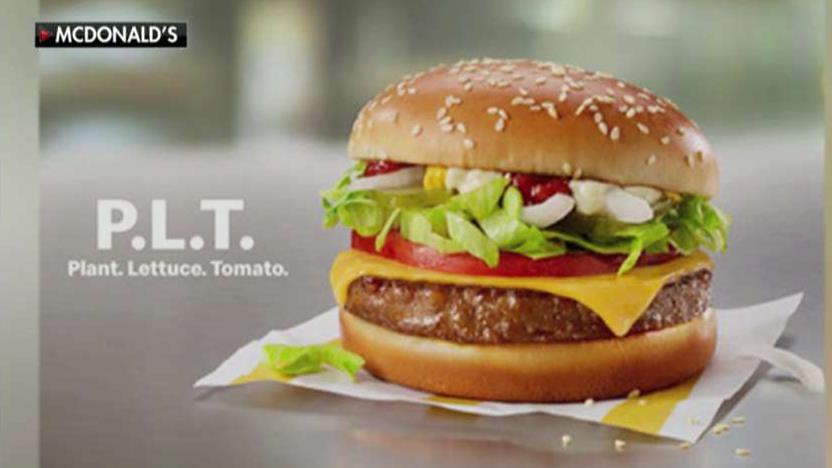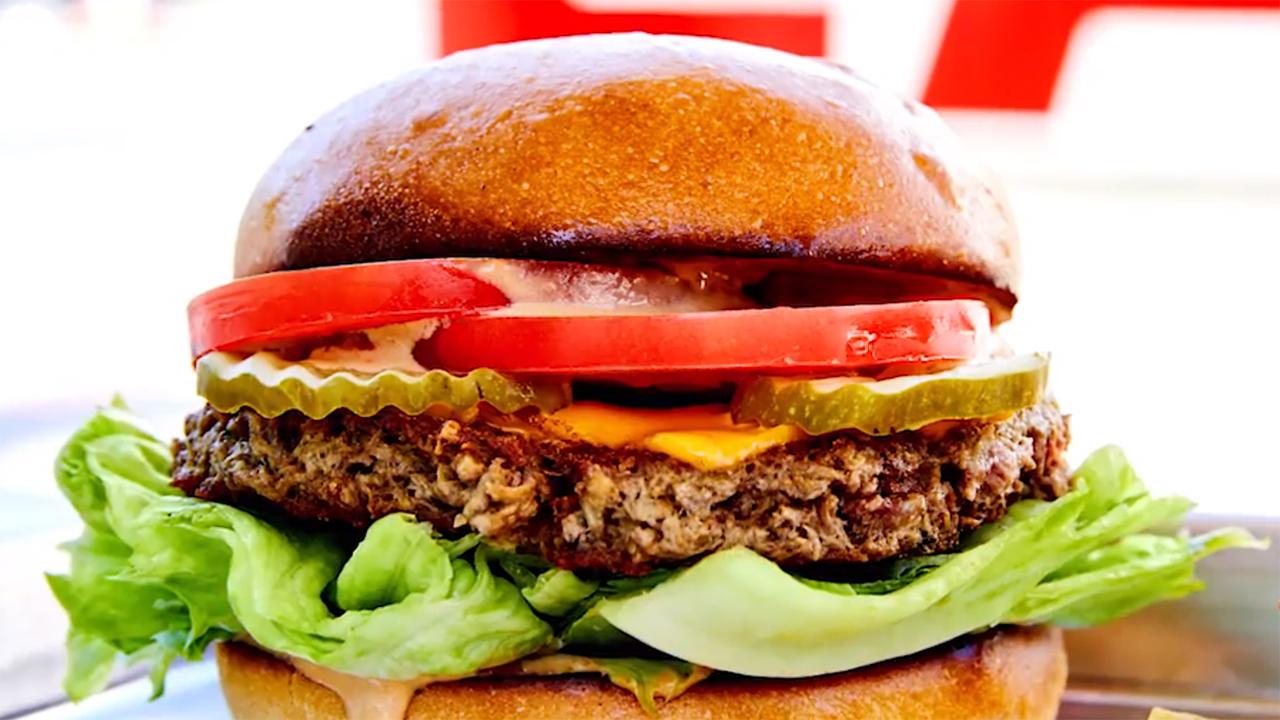Former McDonald's USA President Ed Rensi: Plant-based (fake) meat fad is due for a reckoning
This fall, about 60,000 protesters gathered in New York City to march about climate change. Subscribing to the Green New Delusion, these protestors called for extreme changes to cut down on emissions, ranging from ending use of fossil fuels to ridding the country of “farting cows.”
That’s right: cow flatulence.
Ever since a 2006 United Nations study claimed raising livestock caused more climate change than cars, transportation and environmental extremists have had their crosshairs set on meat. That study was wrong — the report’s senior author had to issue a correction — but that hasn’t stopped activists from continuing their false narrative that meat causes climate change. These fibs have led people to stop eating meat in favor of plant-based diets.
To be clear: I have no problem with Americans voluntarily choosing a vegetarian or vegan diet -- I do have a problem with guilting Americans into diet changes based on faulty information.
Take the environmental case for abstention. Less than 4% of greenhouse gas emissions in the U.S. comes from cows, according to the EPA. America has done a great job of managing emissions caused by animals, having doubled the production of livestock while decreasing the amount of emissions produced over the last 60 years.
And if you're going to swap out a burger for a banana, remember -- you can bet they’re not shipped here using “renewable” wind-powered ships like in the 17th Century, but rather modern fossil fuels.
Today, companies are marketing products to solve this supposed meat/climate problem: Meat imitations engineered to taste like meat, but made from plant proteins and processed ingredients. Two products you may have seen or tried are the Beyond Burger and Impossible Burger.
To be clear, I like the Impossible Burger and have lauded Beyond’s attitude about the future. But consumers should know the facts before choosing these products for health or environmental reasons.
According to a senior Oxford researcher, “plant-based” meats still have an environmental footprint five times larger than your classic black bean patty. Even if we stopped eating meat entirely, it would only reduce emissions by 2.6%.
What’s strange is that, while these products are trying to differentiate themselves from real meat, they are also calling themselves “meat.” But they aren’t meat -- even “plant-based” could be seen as a stretch.
GET FOX BUSINESS ON THE GO BY CLICKING HERE
Meat imitations are science experiments that are fine-tuned to mimic meat. And they aren’t necessarily any healthier than meat: Compared to meat, the pea and soy protein patties can have more calories and sodium.
The founder of Impossible claims he'll take a "double-digit" portion of the beef market in five years, then eventually cause its downfall (and perhaps the downfall of the chicken and pork markets, too).
A more likely trajectory for plant-based meat is seen in the "gluten-free" diet fad. Sales of these products have plateaued and are expected to drop further.
One reason? Some doctors now say that gluten-free diets aren’t any healthier for people who don’t have Celiac disease. In fact, one study found that gluten-free products tend to have more fat, more calories, and less protein than their counterparts.
I suspect plant-based meat is due for a similar reckoning once consumers discover that the "health halo" on these products has lost its shine.
Ed Rensi is the retired president and CEO of McDonald’s USA.






















